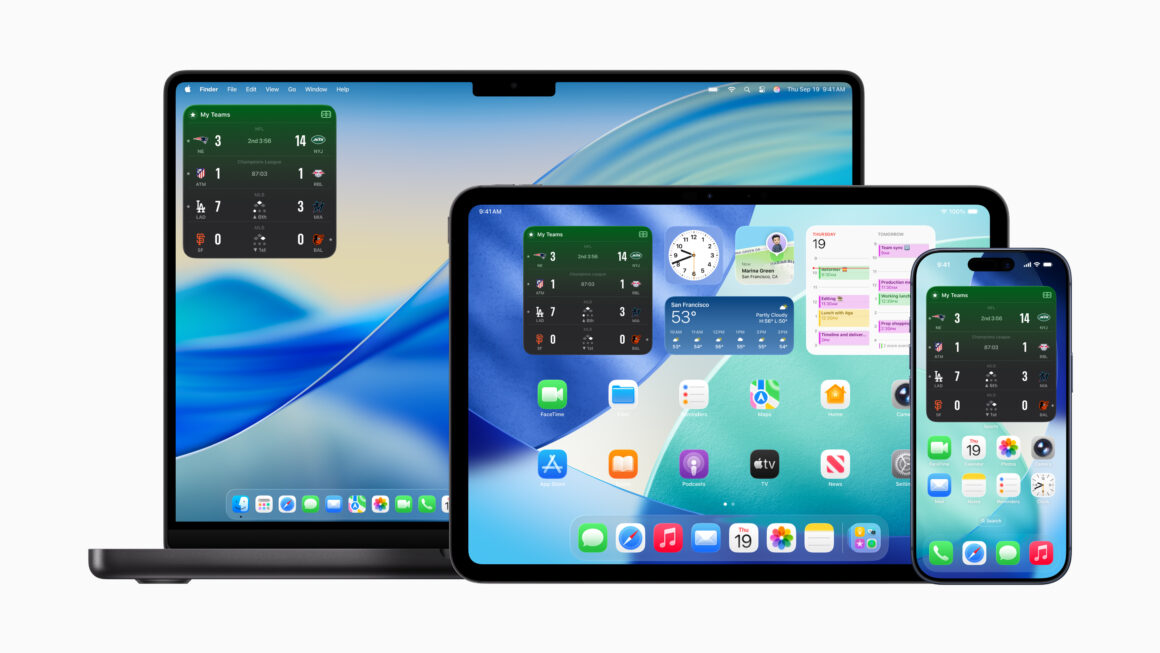Apple devices continue to grow in terms of capabilities. Some games take hours to learn and have a lot of detail. Not everyone is in the market for that.
Simple and quick-fire games have found a comfortable home on Apple devices. They fit the small moments of daily life, whether it’s waiting for a train or relaxing after work. They’re not a big-time commitment.
Mobile gaming isn’t all about epic battles or heavy graphics. It’s about accessibility and flow. The App Store is full of titles that keep things simple.
Plinko
One of the most popular simple games around is Plinko. The idea couldn’t be easier to understand. A small ball drops from the top of a board filled with pegs. As it bounces from peg to peg, it changes direction again and again until it lands in a slot at the bottom. Each slot carries a different value or prize. The entertainment comes from watching the unpredictable path.
Plinko is now its own genre of game. There are loads of variations within the scene. It has proven to be popular for gambling. A Plinko casino game provides a game of chance that is simple for people to get a grasp of. The rules are straightforward – not a lot of input is needed.
Plinko actually started as a physical game seen on TV shows. The Price is Right is famous for incorporating the game as part of its prize rounds. It’s become a digital hit on phones and tablets.
The rhythm of the ball tapping from peg to peg is super simple, but many online platforms now include versions of Plinko. They may have their own simple rules and variations on a theme. Players connect from anywhere and join in instantly. The basic concept stays the same – the drop is key to the outcome.
It’s proof that a game doesn’t need complicated controls to hold attention. A single tap can deliver the same thrill as something much larger and louder.
Wordle
Another game that became a global obsession is Wordle. It’s as straightforward as word games get. There are six tries to guess a five-letter word. After each attempt, the letters change color to show which ones are correct or in the wrong place.
That’s it. It doesn’t take hours. There aren’t endless levels. The beauty lies in its simplicity. Each puzzle lasts only a few minutes. There’s a sense of intelligence in finding the solution, and the built-in limit of one puzzle per day makes it feel special. There’s a social element that helped the game go viral. It also impacted the popularity of puzzle games…
Wordle sparked a wave of copycats and inspired other minimalist word puzzles, proving that small games with simple rules can reach everyone from casual players to serious thinkers.
Sudoku
Sudoku remains one of the most downloaded puzzle types on iPhones and iPads. The goal is to fill the grid so every row and column contains all numbers from one to nine. The challenge builds slowly as the grid fills up. It gets more challenging. Logic is needed to come up with the solution.
It’s a mental workout disguised as a game. Modern Sudoku apps come with clean interfaces and varying difficulty levels. The game rewards focus and patience. This makes it perfect for people who enjoy short bursts of quiet concentration.
Crosswords and Word Search
Crossword puzzles have made the jump from newspapers to phones without losing charm. Not every game has to have fancy graphics. Many apps offer daily challenges or themed packs, mixing tradition with convenience. Players don’t even need to download apps to play them – they are often available within a browser.
It’s easy to see why these classic formats keep thriving. They fill small gaps in the day with something that’s both calming and mentally sharp.
Solitaire
Few games feel as timeless as Solitaire. On Apple devices, it’s smoother than ever. Cards slide across the screen with gentle animations and crisp sounds.
Solitaire works because it’s predictable yet never boring. Each shuffle changes the challenge. There is a solitaire app on the App Store that has nearly 2 million downloads. Games are growing in technology – so are Apple’s devices. But there is still space for simplicity.
Conclusion
Part of the magic behind these small games is accessibility. They load fast and can be played anywhere. Perfect for the train or a waiting room. A phone becomes both an arcade and a puzzle book. There’s no need for consoles or controllers. A touch screen is enough.
People want quick entertainment that doesn’t demand hours of focus but still feels meaningful. Puzzles are good for testing the brain.
Another reason they thrive on Apple devices is presentation. The hardware and software work together to make everything feel clean and responsive. Apple devices play a part in keeping these games going.







